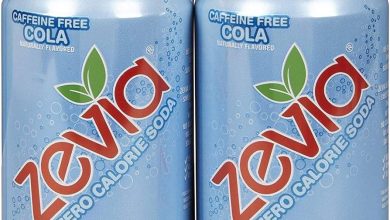Fish Oil Sardine Nutritional Information
Fish oil sardines are a highly concentrated source of beneficial fats, particularly omega-3 fatty acids. These essential fats play an important role in supporting cardiovascular health and providing energy. Below is a detailed breakdown of the nutritional composition of fish oil sardines:
| Nutrient | Amount per 100g |
|---|---|
| Energy | 902 kcal |
| Protein | 0.0 g |
| Fat | 100.0 g |
| Saturated Fats | 29.892 g |
| Carbohydrates | 0.0 g |
| Fiber | 0.0 g |
| Sugar | 0.0 g |
| Calcium | 0.0 mg |
| Iron | 0.0 mg |
| Magnesium | 0.0 mg |
| Phosphorus | 0.0 mg |
| Potassium | 0.0 mg |
| Sodium | 0.0 mg |
| Zinc | 0.0 mg |
| Copper | 0.0 mcg |
| Manganese | 0.0 mg |
| Selenium | 0.0 mcg |
| Vitamin C | 0.0 mg |
| Thiamine | 0.0 mg |
| Riboflavin | 0.0 mg |
| Niacin | 0.0 mg |
| Vitamin B6 | 0.0 mg |
| Folate | 0.0 mcg |
| Vitamin B12 | 0.0 mcg |
| Vitamin A | 0.0 mcg |
| Vitamin E | 0.0 mg |
| Vitamin D2 | 8.3 mcg |
Allergen Information:
Fish oil sardines, being derived from fish, contain fish allergens and may not be suitable for individuals with fish or seafood allergies. Please consult a healthcare professional if you are unsure about consuming sardines.
Dietary Preferences:
This ingredient is rich in fats and is best suited for individuals following high-fat or ketogenic diets. It is not suitable for those seeking low-fat or low-calorie options. It is also not recommended for vegetarians or vegans due to its fish-based origin.
Advice:
When using fish oil sardines in recipes, be mindful of the high fat content. It can be a great source of omega-3 fatty acids but should be consumed in moderation. Consider pairing it with other nutrient-rich foods to balance out the meal. Additionally, this ingredient may be used to boost the flavor profile of various savory dishes, especially those that benefit from a rich, oily texture.
Conclusion:
Fish oil sardines provide a concentrated source of energy primarily from healthy fats. While it may not offer significant protein or micronutrient content, it is an excellent choice for those looking to increase their intake of omega-3 fatty acids. However, due to the high fat content, it is best used in moderation, especially for those managing their calorie or fat intake.










